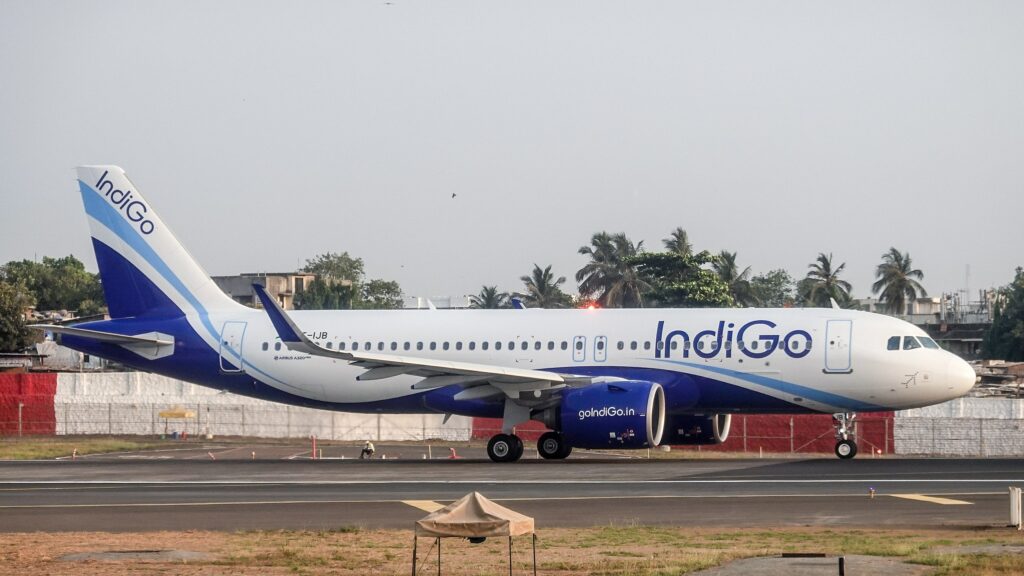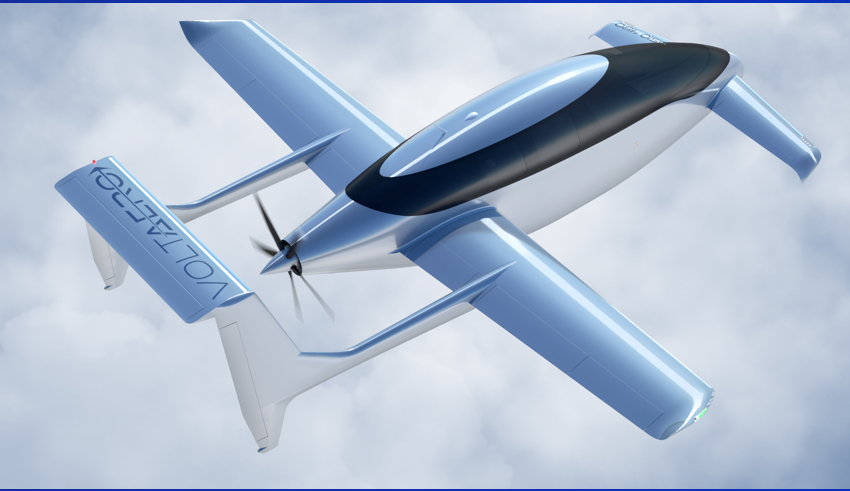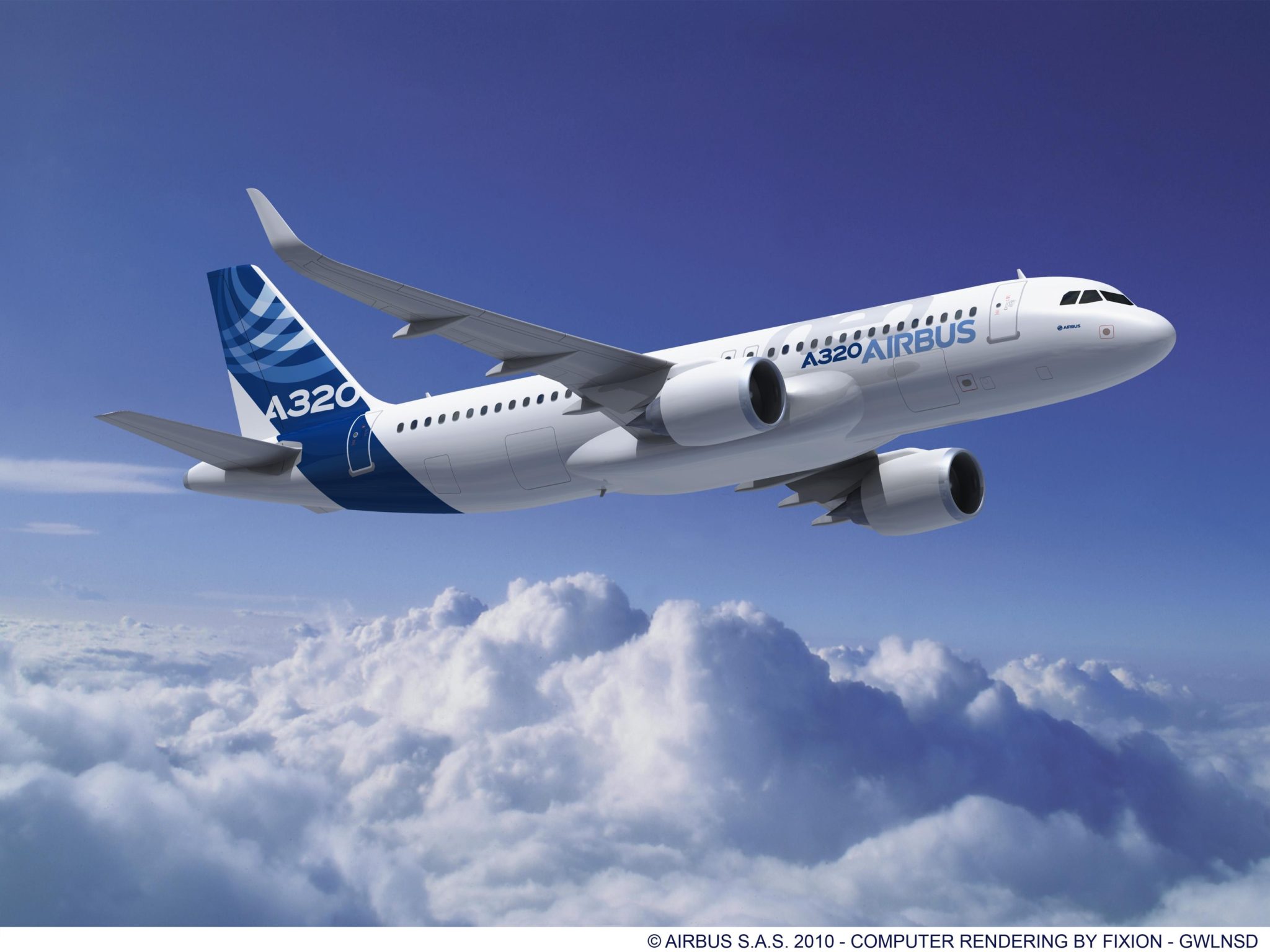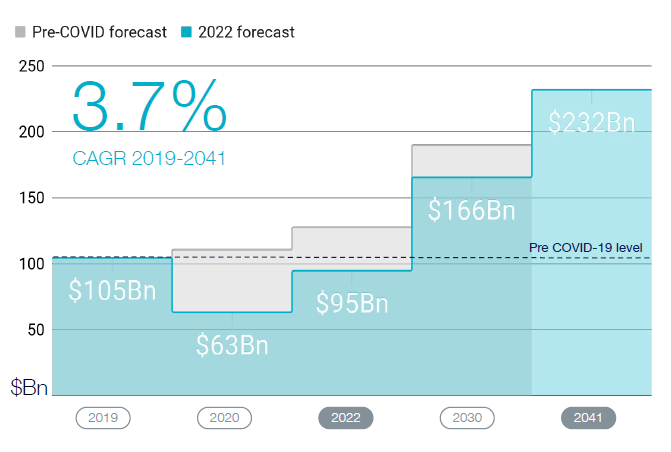Leeham News and Analysis
There's more to real news than a news release.
Analysts forecast traffic growth but scant profits for Indian airlines
Subscription Required
By Bryan Corliss
Oct. 17, 2022 © Leeham News: After sustaining major losses in their most-recent fiscal years, India’s airlines will recover in 2022. But rising fuel and labor costs, plus weak prospects for financing will constrain near-term growth.
That’s the analysis of Aairavat Transport & Technology Ventures consulting firm.

An IndiGo Airlines A320Neo on the runway at Mumbai. IndiGo is India’s largest airline. Photo by Timothy A. Gonsalves.
AT-TV’s assessment is less bullish than Boeing’s market outlook, which projects Indian airlines to add 25% capacity over the next year, with long-term growth targeted for 7%. Airbus is slightly more cautious, projecting 6.2% annual growth over the next two decades.
India is one of the world’s largest aviation markets. It’s also been one of the most challenging, with bankruptcies and constant financial distress plaguing the industry.
Summary
- India airlines have been in upheaval
- Tata Group wants new aircraft for Air India
- Indian airlines sustained major losses last year
- OEMs see long-term growth, but near-term outlook is choppy
Bjorn’s Corner: Sustainable Air Transport. Part 41. VTOL mission calculations.
October 14, 2022, ©. Leeham News: Last week, we defined the phases of an eVTOL mission that shall show us the typical range and endurance of the eVTOLs of a hybrid vectored thrust/lift and cruise eVTOL, similar to a Vertical VX4, Figure 1.
Several parts of the energy consumption calculations are complex, and surprisingly it’s not the vertical parts. We go through why and how we calculate the energy consumed for the mission.
Engine Development. Part 9. Gearbox or not?
Subscription Required
By Bjorn Fehrm
Introduction
October 13, 2022, © Leeham News: In our series, we look at the development of the latest single-aisle engines. Should these be geared? What do you gain and risk with a geared design? Is this a new development, or has it been around for a long time?
We examine the development of single-aisle engines since 2000, their fuel efficiency, and operational reliability.
Summary
- A geared design fixes some fundamental problems in a two-shaft turbofan.
- CFM proves you could just as well further develop what you have.
Update: Order public: federal court denies Mammoth Freighter request for preliminary injunction in trade secret theft lawsuit
By Scott Hamilton
Update, Oct. 11, 2022, (c) Leeham News: The US District Court of Southern California posted its Oct. 7 order on Oct. 11 denying Mammoth Freighter’s motion for a preliminary injunction against David Dotzenroth, Sequoia Aircraft Conversions and NIAR, the engineering arm of the University of Wichita.
Among the findings:
- As reported below, the court ruled that there is no irreparable harm to Mammoth and that there is no likelihood of succeeding on the merits of the lawsuit.
- The court determined that Mammoth failed to specifically identify alleged trade secrets.
- Mammoth lost on every point alleged in the lawsuit, the court ruled.
A copy of the order is here: 10-6-22 Order Prelim Injunction and here: Oct 7 Order Prelim Injunction et al
What’s next?
Mammoth could move to dismiss the lawsuit. If it doesn’t, the Defendants could move for a Summary Judgment dismissing the lawsuit. Or Mammoth could proceed with the lawsuit despite the court’s conclusions to date.
There is no deadline to pursue any of these options.
In major blow, federal court denies Mammoth Freighter request for preliminary injunction in trade secret theft lawsuit
Oct. 7, 2022, © Leeham News: The US District Court of Southern California denied a request by Mammoth Freighters for a preliminary injunction against David Dotzenroth, Sequoia Aircraft Conversions and others in the long-running lawsuit alleging the defendants with theft of trade secrets and intellectual property.
 The order was issued on Sept. 28, but it has not been published yet. LNA learned of the order in a filing yesterday by the defendants seeking publication of the order on the PACER court website.
The order was issued on Sept. 28, but it has not been published yet. LNA learned of the order in a filing yesterday by the defendants seeking publication of the order on the PACER court website.
“The Order was filed under seal as Document 373, but there is no entry on the public docket indicating that it was entered or that Plaintiffs’ motion was denied,” the attorney for Dotzenroth, et al, wrote in a motion seeking publication of the order.
Denial of the motion for a Preliminary Injunction is a major blow to Mammoth. Although the Oct. 6 motion doesn’t contain details of the Sept. 28 order, the Cornell University Law School website states factors a court will consider in a request for an injunction.
Voltaero’s Cassio hybrid plane is “Mild”
The somewhat different hybrid-electric aircraft
Subscription Required
By Scott Hamilton and Bjorn Fehrm
Oct. 10, 2022, © Leeham News: A French company, Voltaero, is taking a different approach to the plethora of concepts to produce a “green” aerial vehicle.
 The Cassio family of aircraft uses a Mild Hybrid to avoid the pitfall of most hybrids, the need for a large battery. Batteries of today and tomorrow are too heavy to serve as the main power source for an aircraft unless it’s a flight around the airport like for trainers.
The Cassio family of aircraft uses a Mild Hybrid to avoid the pitfall of most hybrids, the need for a large battery. Batteries of today and tomorrow are too heavy to serve as the main power source for an aircraft unless it’s a flight around the airport like for trainers.
Voltaero designed a clever hybrid scheme that allows electric flight where it matters and leaves a thermal engine to do the rest. The concept, called a “Mild Hybrid,” keeps the advantages of the electric flight mode without the disadvantages of short-range or an expensive operation.
Pontifications: Total life cycle impacts missing from nearly all ecoAviation discussion
Oct. 10, 2022, © Leeham News: Batteries are the best thing for the new generation of clean airplanes. Or so say those promoting the concept.
However, few talk about the total life cycle of the concepts, whether eVTOL, hybrid-battery aircraft or pure battery airplanes.
And there’s the rub. Batteries may be clean in operation. But they are far from being a panacea for life-cycle clean aviation.
Some acknowledge that the power source for charging batteries could be an eco-issue. Others acknowledge that recycling batteries is an issue. A few acknowledge that today’s batteries don’t last very long—they must be replaced every 1,000 to 2,000 flights, depending on usage and other factors.
But so far, the real skunk at the lawn party is the fact that mining lithium, a key chemical for long-lasting batteries, is strip-mining, one of the most environmentally damaging methods of extracting anything from the earth.
Bjorn’s Corner: Sustainable Air Transport. Part 40. VTOL mission.
October 7, 2022, ©. Leeham News: Last week, we discussed the reality of mass fractions for certified aircraft. There is an abundance of statistics on projects that have gone through the arduous development and certification phase, which always turns out heavier than projected.
Using such statistics, we have a base from which to fly a typical hover and cruise eVTOL design and see what we get in terms of energy consumption and range.
Airbus predicts services will grow faster than aircraft deliveries
October 06, 2022, © Leeham News: Airbus presented their 20-year Global Services Forecast (GSF) for the world’s airliner business today. It’s a complement to the aircraft Global Market Forecast (GMF) that Airbus presented in July.
The services business for the over 100-seat air transport market grows from $105bn pre-COVID to $232bn by 2041, an increase of 221% or a 3,7% CAGR (Compound Annual Growth Rate), Figure 1.
Engine Development. Part 8. Throttle push or not?
Subscription Required
By Bjorn Fehrm
Introduction
October 6, 2022, © Leeham News: The early years of 2000 saw new engine programs launched for the new Boeing 787 Dreamliner and Airbus response, the A350.
Substantial differences in the life of these aircraft programs made the engine programs develop differently. It was about throttle push or not.
Summary
- The Dreamliner engines changed as the 787 programs went through many stages.
- The Airbus A350 program was a standard program in comparison.
EASA: SAF production must increase dramatically to meet climate goals
Subscription Required
By BRYAN CORLISS
Oct. 3, 2022, © Leeham News: Aviation is “a key vulnerable economic sector that is only in the early stage of adaptation to climate change,” according to a new report from EASA, the European Union’s Aviation Safety Agency.
To meet the industry’s environmental challenges – and there are several — more must be done to identify the hazards and risks that extreme weather events caused by climate change can bring to the industry, the report says.
The report also recommends that more needs to be done to plan for the impact of extreme weather on aircraft and airline infrastructure. The industry and regulators also need to “identify and apply ‘win-win’ solutions” to reduce carbon dioxide and other emissions from airliners, and to accelerate the deployment of aircraft and air traffic control technology to improve the efficiency of Europe’s airline fleet.
The good news in the report is that researchers believe aviation could cut emissions by 69% by 2050 by adopting a suite of changes, including increased use of sustainable aviation fuel (SAF), improved aircraft technology, better operational practices and by using hydrogen or electric motors to power aircraft where feasible.
Summary
- Production of Sustainable Aviation Fuel must increase dramatically.
- Airline emissions are going up as a percentage of contribution to climate impact.
- In another blow to Boom’s claim its SST will be environmentally friendly, EASA takes a different view about SSTs.







